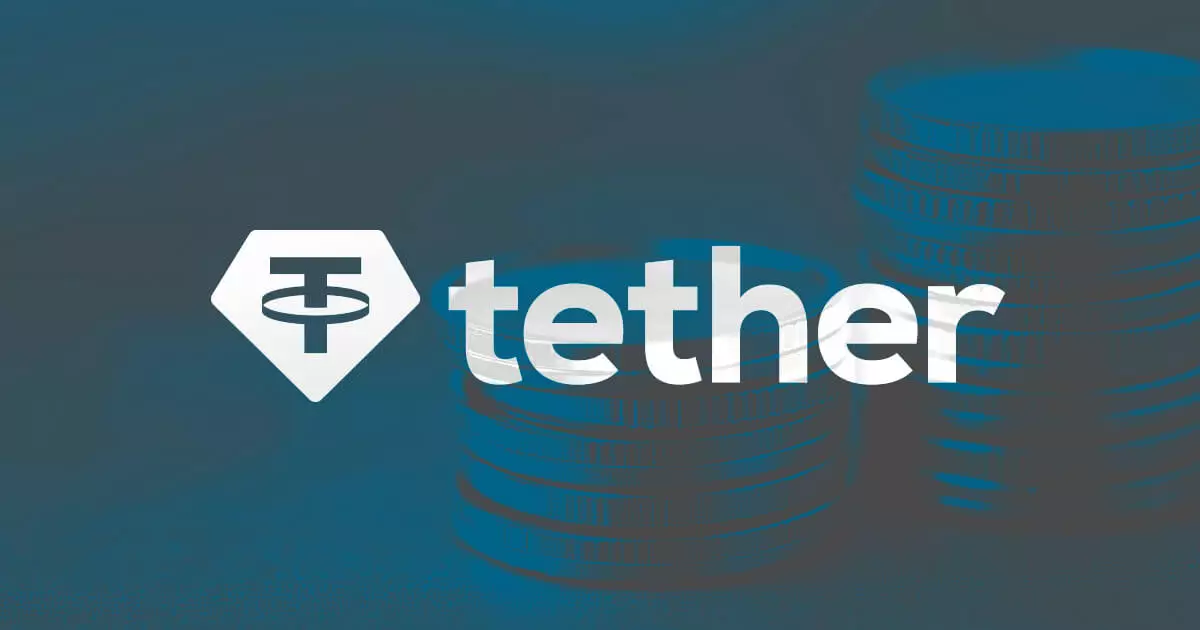In a recent turn of events, Tether CEO Paolo Ardoino has publicly rebutted claims suggesting that the company is facing a federal investigation in the United States. This denial was prompted by a report from the Wall Street Journal that fueled speculation about legal scrutiny directed at the stablecoin issuer. According to Ardoino, these allegations are not new and merely represent a repetition of “old noise” that lacks credible basis. His strong dismissal highlights the growing tension between high-profile cryptocurrency businesses and regulatory scrutiny in the evolving financial landscape.
Tether’s Response and Overarching Strategy
Following Ardoino’s comments, Tether issued an official statement categorically denying the existence of any investigations. The company criticized the Wall Street Journal for what it termed “irresponsible reporting,” asserting that such narratives are built on mere speculation rather than substantiated facts. This exchange illustrates the broader conflict between media narratives and corporate reputations in the world of cryptocurrency, where trust and transparency are paramount.
Moreover, Tether emphasized its dedication to compliance and law enforcement cooperation. The firm revealed its proactive approach in setting up a dedicated External Investigations Unit, comprised of former law enforcement officials and forensic experts. This initiative symbolizes Tether’s strategy to work in tandem with global authorities to combat financial malfeasance, something increasingly crucial for the legitimacy of cryptocurrency enterprises.
Efforts Toward Regulation and Accountability
Tether’s response also showcased its extensive efforts to tackle illicit activities linked to its platform. The details provided — including collaboration with 180 agencies across 45 jurisdictions, freezing of over 1,850 wallets tied to unlawful actions, and recovering nearly $114 million — underscore the company’s commitment to creating a safer environment for cryptocurrency usage. These statistics reflect the seriousness with which Tether approaches regulatory compliance and the prevention of fraud, positioning itself as an ally to law enforcement in the fight against financial crime.
Moreover, the $225 million blocked, pre-emptively, before receiving legal orders further emphasizes Tether’s proactive stance. Such measures not only foster trust among users but also bolster the company’s narrative against negative media portrayals. It is evident that the firm is working hard to emphasize accountability and responsibility within the cryptocurrency sector.
As the dynamic cryptocurrency landscape continues to evolve, Tether finds itself at a critical crossroads. The allegations of investigation may serve as a wake-up call for the organization to solidify its public communication strategy and enhance transparency regarding its operations. Ultimately, the firm’s responses to these challenges may not only impact its reputation but also set a precedent for other cryptocurrency entities facing similar scrutiny. The outcome of this situation will likely shape how the industry navigates the complexities of regulation, trust, and ethical responsibility in the future.
















Leave a Reply